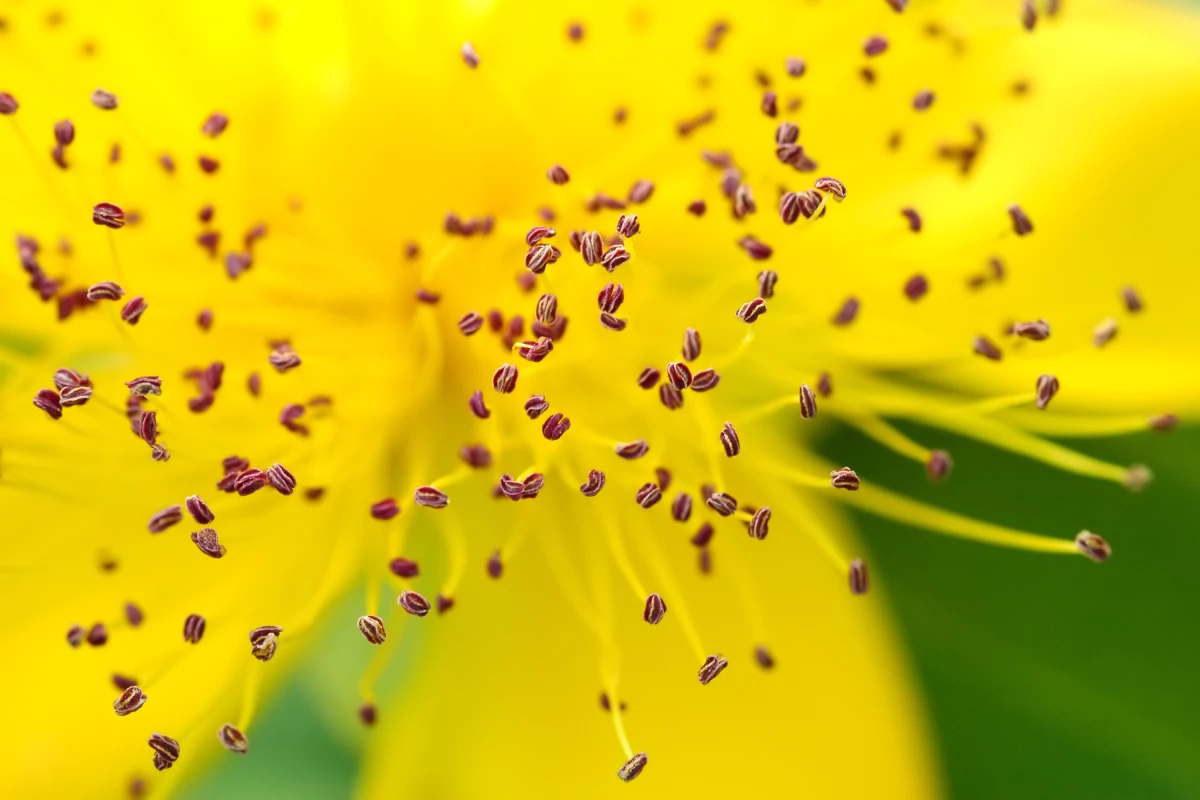Scientists in Singapore have come up with a new type of soft, pliable particle they say can be used as a building blocks for a new generation of green and biocompatible materials, all by using pollen as a starting point. These incredibly hard natural grains were turned into microgel-like substances using a process likened to soap-making, with the scientists hopeful they could one day find a home in the human body or more eco-friendly sponges.
The research was carried out at Singapore's Nanyang Technological University, where scientists found inspiration in the way the walls of pollen undergo structural changes as the particles sprout tubes during the germination process. This process is dictated by enzymes in the pollen walls that alter their elasticity, and the researchers set out to see how they could manipulate this to give them entirely new properties.
To do this, the team took pollen from a sunflower plant and removed a cement-like layer from the grains. The grains were then incubated under alkaline conditions for up to 12 hours, causing them to swell and become more gel-like. Conveniently, the team can alter how flexible they become by incubating them for different periods of time. What's left are soft, flexible, microgel particles that retain a high level of strength.
"Both our experimental and computational results give insight into the pollen's basic biological mechanisms, and demonstrate how altering the pollen wall structure can cause the pollen particles to swell - much like the shape transformations that occur during biological processes such as harmomegathy (the folding of the pollen grain to prevent water loss) and germination," says Professor Cho Nam-Joon, who holds the Materials Research Society of Singapore Chair in Materials Science and Engineering. "The results also show that we can go beyond the performance limits of what nature can accomplish by itself."
The scientists imagine that with the help of emerging 3D and 4D printing technologies, these new particles could serve as building blocks for polymer gels, sponges and other materials with unique properties. And because their work so far suggests there is no immunological, allergic or toxic reaction when used with human tissues, they could also find use in wound dressings, prosthetics or even electronics that can be implanted in the body.
"Our Nanyang Technological University research team has transformed hard pollen grains beyond their natural performance limits, and converted them into soft microgel particles that alter their properties in response to external stimuli," says Professor Subra Suresh, study author. "This holds promise for a wide range of applications that are environmentally sustainable, economically affordable, and practically scalable."
A paper describing the research was published in Nature Communications.
Source: Nanyang Technological University via EurekAlert




